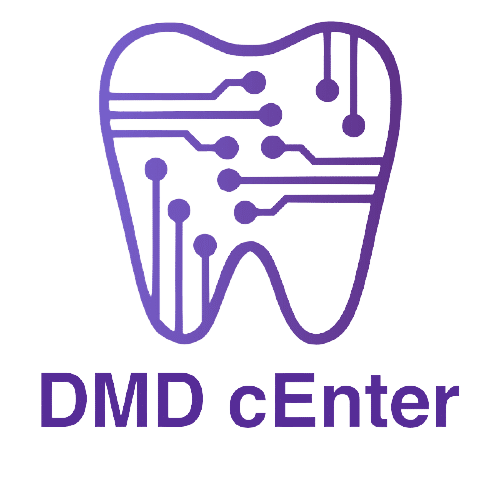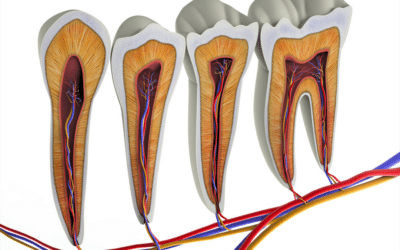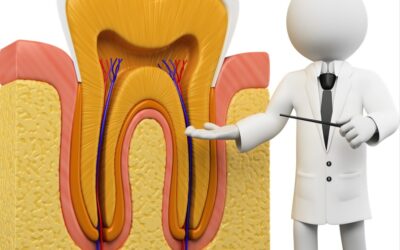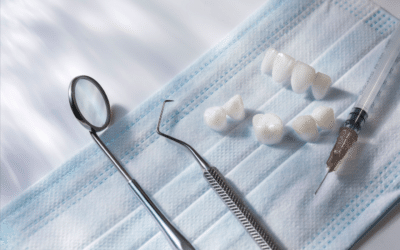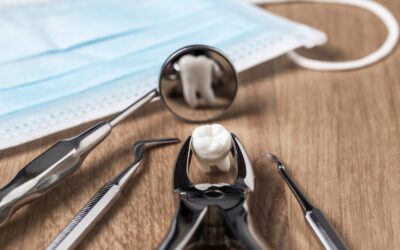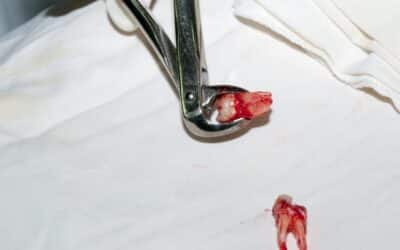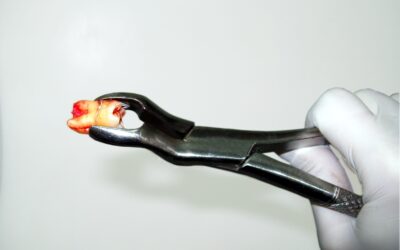Let’s learn and review more about Dental Pulp & Its Injuries on its Part 2. We will proceed with the rest of the other pulpal injuries that will provide you the differential diagnosis between reversible and irreversible pulpitis, its histopathology and corresponding treatment.
Dental Treatments Journals
Dental Pulp & Its Injuries Part 1
The dental pulp, as we all know, is the lifeline of our tooth, once it’s injured, the treatment becomes more complex to save it. On this Part 1, we will discuss half of its different types of injury. We will discuss the signs and symptoms so we can fully and correctly do our differential diagnosis. As always, accurate diagnosis means definitive treatment and good prognosis.
Basic Review on Nerve Block Techniques
Can you still remember all the different nerve blocking techniques? Still great in knowing the anatomical landmarks necessary to administer them correctly? Or, are you need a bit of refresher about all of them? It is always good that we are conscientious in our practice, so, we can render our treatments in its utmost safety. Let’s go back to basics in local anesthetics for nerve blocking techniques.
Guidelines for Pediatric Prescription
It has been estimated that 1.3 million deaths occur annually across all patient populations due to medication errors. Furthermore, medication errors are potentially more harmful and have a higher incidence rate in the pediatric population than in the adult population. It should be clear that in terms of drugs, children are not mini adults. Children have different rate of metabolism and drug absorption. Thus prescribing an adult dose to your pediatric patient may end up as a toxic dose to them. DMD center will be providing a guideline for prescribing medication for pediatric patients and a recap of how to determine the correct dosage for our pediatric patients.
Prescription 101
Do you know that 70% of errors in medical and dental practice came from our prescription? Prescription 101 provides us things we need to be reminded based on how we prescribed it to avoid any misunderstandings in the delivery and usage of medicines to keep our patients’ safety as they follow their medicinal regimen per instructed.
Odontectomy Risks and Management
The surgical extraction of wisdom tooth is one of the most common surgical and lucrative procedures we often do as dentists. However, it does come with a lot of risks that may result to permanent complications and maybe detrimental to our patients’ health. So, let’s get into its different risks and how we should manage them to make sure we do this procedure in a safety manner for our patients’ safety and well-being.
SDF: Answer to Caries Prevention?
The use of Silver Diamine Fluoride (SDF) has been in the market since its inception from Japan more than 80 years ago and have been used by several countries used to arrest caries and deal with dental hypersensitivity for more than 50 years. Have you used this in your dental practice? Is this a good alternative as an atraumatic treatment in the current norm? Can it be an effective tool to really address the rising increase of caries prevalence in children and young adults globally and in our country? Read our post as we initially delve on SDF, so, as dental practitioners we can decide its real worth in our dental practice.
Dental Considerations for Anticoagulants Part 3
DMD Center took time to discuss this topic as we felt it is very significant in our dental practice especially with the new norm in our current practice. Most of the time, we will end up giving prescriptions to our patients to deal with their discomfort and probable pain while we can’t provide the actual dental treatment to precisely address that. Thus, consideration to their current medication/s that they maybe taking as maintenance is vital even as simple as pain relievers. They may contain active ingredients like blood thinners that may put them at health risk while addressing their dental complaint. Read the end of this topic series, Part 3, so, you have a complete guide on how to address anticoagulant medications in relation to your dental treatment.
Dental Considerations for Anticoagulants Part 2
We often take for granted other factors that may result to the failure of our treatments or can create complications to ourselves and to our patient’s health and safety post-operatively especially if the procedure is something we have done a hundred times over. Thus, DMD Center felt that we should tackle the matter of patients under the medication of anticoagulants or blood thinners. On this Part 2, “Dental Considerations for Anticoagulants Part 2”, we now provide proper management information on how we can deal with patients under this type of condition.
The Digital Place To Be For The Dental Community
As Dentists, do you want to enhance even better your dental skills & techniques? Do you want to have opportunity to earn and learn?
As Patients, do you want to find the right dentist for you?
As Entrepreneurs, do you want more exposure in your market and business solutions?
If the Answer if YES
